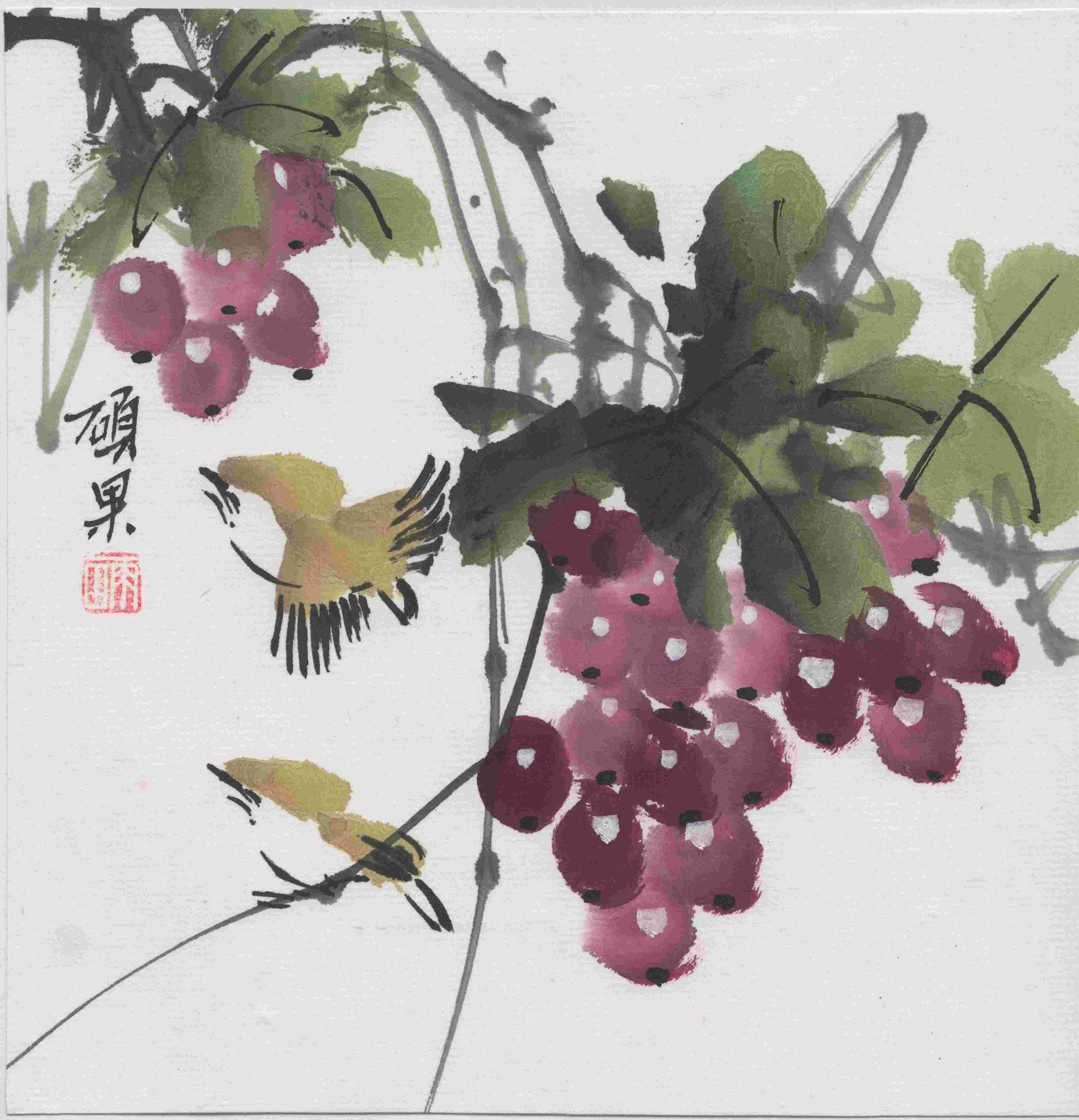Chinese Medicine

What is Chinese Medicine
Traditional Chinese Medicine (TCM) has more than 2000 years of history, high practical value and boundless prospects. It is a comprehensive medical system with unique principles, diagnostic methods (observation, listening , analysing odours, inquiring and pulse taking) and therapies.
- Treating the whole organism
- Unity within the body
- Unity between human body and nature
Diagnosis and treatment are based on an overall analysis of signs and symptoms. TCM has two basic components, Chinese herbs and acupuncture.
What does TCM Treatment involve
Chinese herbs: these include roots, stems flowers, leaves and bark. The TCM practitioner prescribes combinations of herbs which are specifically suitable for a given condition. The herbs are cooked and drunk as herbal tea or taken in tablet form. External preparations are also used, including creams, ointments and washes.
Acupuncture: our health is dependent on the body's motivating energy known as Qi, moving in a smooth balanced way through a series of channels. When the Qi becomes unbalanced illness may result. Inserting fine needles into the body's channels of energy can stimulate patients own healing response and help restore his natural balance.
